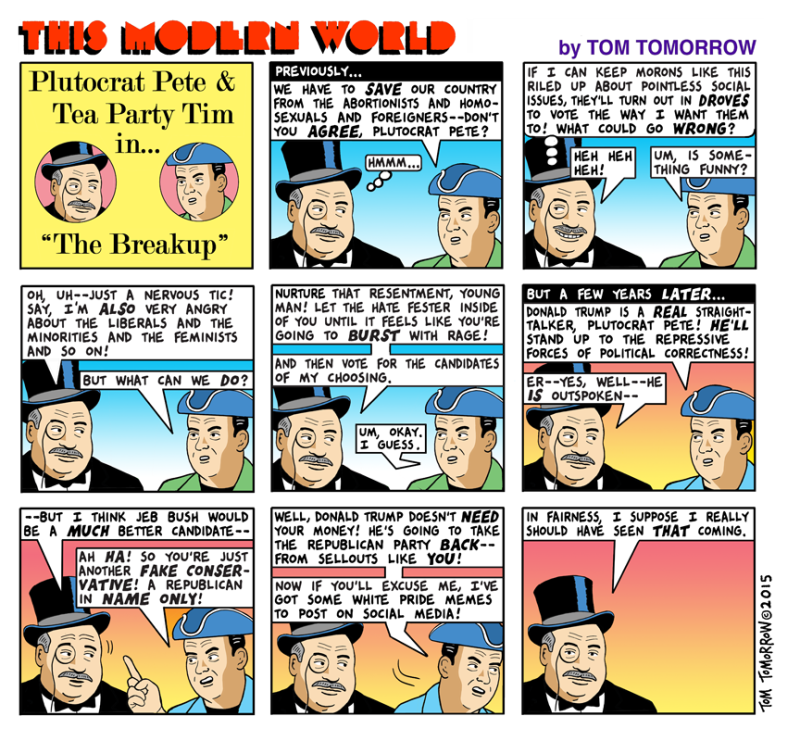GOP presidential candidate Ben Carson said on NBC TV that he thinks Muslims are unfit to be president. He claims the president’s faith should be consistent with the US constitution. He was then asked if he considered Islam to be consistent, he said, “No I don’t, I do not. I would not advocate that we put a Muslim in charge of this nation. I absolutely would not agree with that.”
The US constitution specifically says this about religion:
The Senators and Representatives before mentioned, and the Members of the several State Legislatures, and all executive and judicial Officers, both of the United States and of the several States, shall be bound by Oath or Affirmation, to support this Constitution; but no religious test shall ever be required as a qualification to any office or public trust under the United States.
Given that the president is required to swear to support the constitution, and Carson just said that being Muslim should disqualify someone from being president, I think Carson has just admitted that he is not fit to be president.
This is especially ironic because this issue has come up in the not-so-distant past. I remember before John F Kennedy was our first Catholic president, many people openly said he should not be elected because he would be taking orders from the Pope. But that was mild compared to the first time a Catholic ran for president, which was Al Smith in 1928:
Even respected intellectuals questioned whether a Catholic could be trusted to be loyal to the county. In a letter published in the Atlantic Monthly, lawyer and religion scholar Charles Marshall detailed the “inevitable and irreconcilable” conflict between Catholic teachings and the Constitution, and demanded that Smith promise not to put his allegiance to the Pope above his allegiance to the country.
We seem to have gotten past that, since now a large number of the current presidential candidates (Bush, Rubio, Santorum, Pataki, Jindal, Christie, and O’Malley) are Catholics.
Even more recently, much was made of Mitt Romney being a Mormon, with people saying that his faith and the presidency were incompatible.
How long will it take before people like Carson (and Trump) lose their religious bigotry? Unfortunately, maybe not until it stops helping them lead in the polls.




